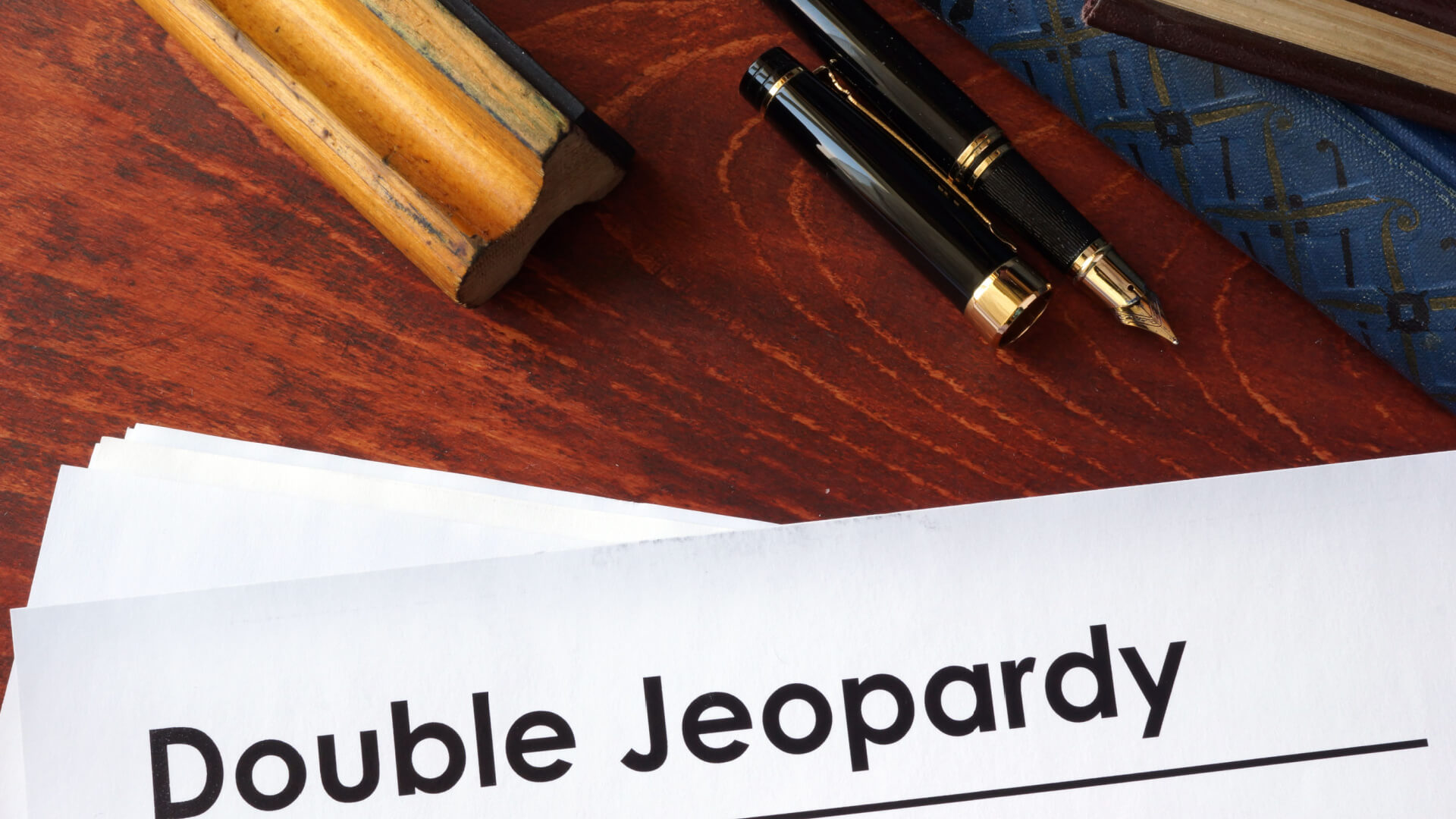08 Nov 2023
Criminal Defense
Imagine being accused of a crime, going through the stress and strain of a trial, and ultimately being acquitted. Then, months or even years later, you find yourself hauled back into court, accused of the very same crime. This situation may seem inherently unfair, but it's precisely the type of circumstance that double jeopardy prevents.
At Lermitte & Lubin, LLC, our criminal defense attorneys know that our jobs don’t always end after an acquittal. If prosecutors attempt to refile charges against you, we can help. We’re always prepared to help ensure that your rights are protected.
What is Double Jeopardy?
Double jeopardy dates back to the United States’s formation. Established in the Fifth Amendment of the United States Constitution, double jeopardy refers to the legal principle that a person cannot be prosecuted twice for the same crime in the same jurisdiction – no person shall "be subject for the same offense to be twice put in jeopardy of life or limb." This specifically relates to the same instance, not two separate but similar instances of the same crime, committed by the same people, in the same place, under similar or even the same circumstances. Double jeopardy applies when you have been acquitted (found not guilty) or convicted of a crime and then you face another trial for the same exact offense (not one that’s similar). Double jeopardy prevents the government from using its resources to continually prosecute you until they obtain a conviction.Exceptions to Double Jeopardy
There are exceptions to double jeopardy. One exception is if new evidence is discovered that was not available during the first trial. The prosecution may be able to bring new charges against you if this evidence is substantial enough to warrant a new trial. If you are threatened with another trial, proving that this evidence isn’t substantial is how our attorneys can first combat another trial. Another exception is when another person is tried in both state and federal courts for the same offense. While this may seem like double jeopardy, the two courts are considered separate sovereigns, so you can be prosecuted and punished in both separately, even over the same period of time.Criteria For Double Jeopardy
In order for double jeopardy to apply, three criteria must be met:- The initial trial must have ended in a final judgment. This means either an acquittal or a conviction occurred. If the trial was ended prematurely, such as with a mistrial, double jeopardy does not apply.
- The offense charged must be the same in both trials. This means that it must be the exact same crime and charge in question, as defined by the law. If a person is charged with multiple crimes as part of one incident, double jeopardy may not apply if each charge is distinct from the others. Even if you are being charged for committing the same crime multiple times, each charge of the same crime is technically separate.
- You must have been in jeopardy of conviction in the first trial. This means that the trial must have progressed to the point where a verdict was rendered or could have been rendered. If you plead guilty or the case is thrown out before trial, double jeopardy does not apply.

